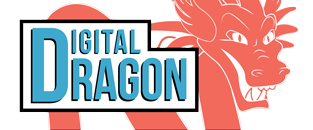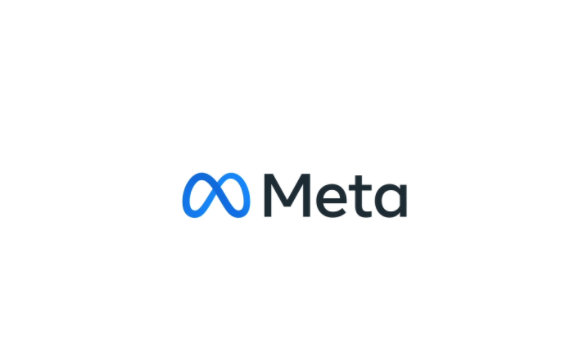What does the Facebook rebranding mean? How will these new VR ventures make their way to your kids’ lives?
What can we do to prepare for the Metaverse?
TRICK OR TREAT? In truly a timely factor and amid a PR crisis, Facebook has rebranded itself as more than Facebook: META. In their press release they hinted at several upcoming headsets, including Project Cambria – not a replacement for the Oculus Quest 2 Meta Quest 2, but rather an entirely new experience with new lens, passthrough cameras, sensors, and a premium cost. But that wasn’t the only thing to distract us from some very real issues within Camp Zuckerberg. To expand their concept of an evolved internet, they teased a new augmented reality headset named Project Nazare.
The promise behind these technologies is being tossed around as a “metaverse” (hence META). So what exactly does that mean? To use big entertainment as an example, think “Ready Player 1” (on the lighter side of things) and “The Matrix” (on the more grim side of things – unless you’re a blue pill type of person).
Are there examples of metaverses already out there? Yes, but not to the technological level imagined by Zuckerberg. Disney and Universal have all played their hand with their own brands / partners like Star Wars, Nintendo, and Harry Potter. Not only are there real destinations, but also connected apps and media to draw us back in over and over. Will these brands be part of META’s… metaverse? More than likely that’s the case. META seems to show their hand a little in their quest (no pun intended) to be the gatekeeper to the metaverse through their devices rather than content creators – on par with their current platforms. If the metaverse is the next evolution of the internet – education, work, play – they would position themselves as essentially a hardware / personal data paywall.
While this is all extremely exciting from a tech standpoint, obviously flags should be popping up left and right – especially around the concept of equity and accessibility. This is easily highlighted via pandemic and internet access in homes for remote learning. And, just as current social media platforms are running amok, how and who should design the Metaverse?
TLDR: Wow, what a month in technology! Another tech giant throws their hat into the ring for next generation virtual and augmented reality. The flashy tech demos are out and look tantalizing, yet we all approach with caution – given the state of tech moguls. What can we do to prepare for the Metaverse? Not everyone has to become a professional programmer, but we must educate our families digital well being. Just like our current internet, there’s the good and the bad. The current students and generations will be the ones designing the metaverse. What can we do now to ensure it’s a positive one?
About the Author:
John Balash was instrumental in Digital Dragon’s launch in 2013 as its first Curriculum Director and is now back in the fold as a consultant on all the latest and greatest in tech education.This is John’s latest contribution to a monthly blog series we’ve launched, Tech News from the Frontier. John is the Director of Educational Engagement at Carnegie Mellon University’s Entertainment Technology Center. John has worked on educationally-focused initiatives with clients ranging from D.A.R.P.A. to Disney. Working from both sides of the desk, you can find John in classrooms and conferences around the world exploring new uses for technologies in learning environments.

